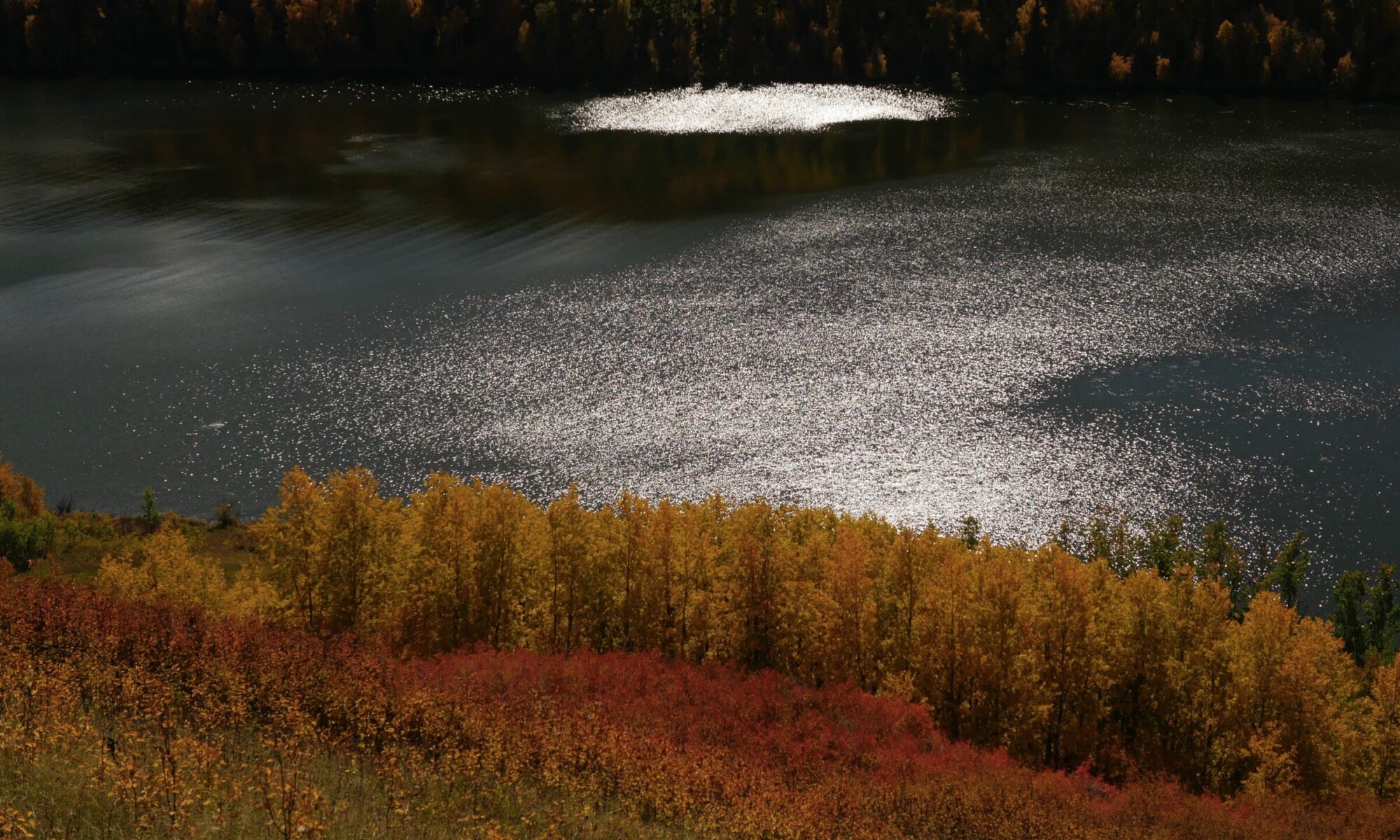Western Hog Exchange, located in Red Deer, Alberta, is a meat processing plant located just downstream from my home along the Red Deer River.
CTV’s W5 recently released a short documentary showing the inhumane treatment of pigs in the assembly yards at the Red Deer plant. The video footage was obtained during the summer of 2014 and can be found here: These Little Piggies.
Here, only a short bike ride along the Red Deer River, questions are being raised regarding the ethical treatment of animals. The video shows how pigs are overcrowded in pens and desperate for space, beaten and kicked by employees, and abused with electric prods. In 2013, 19 million pigs were slaughtered in Canada.
Surprise, shock and uncertainty are feelings that I have upon reflecting on the documentary and my connectedness to the nearby land where I have spent most of my life. Surprise that even close to home, inhumane conduct exists. That even amidst industry standards and regulations; illegitimate practices are present, even in my own backyard.
Maybe a lack of respect is the basis for such behavior and treatment of life, or perhaps it is the value given to life. Whatever the case may be, behind closed doors, such circumstances remain unnoticed and unquestioned. Industry may not change, but mindset can. Such change that comes when conversation begins and when the value of life moves beyond the monetary worth. It is here we begin the transition to a new economy.
